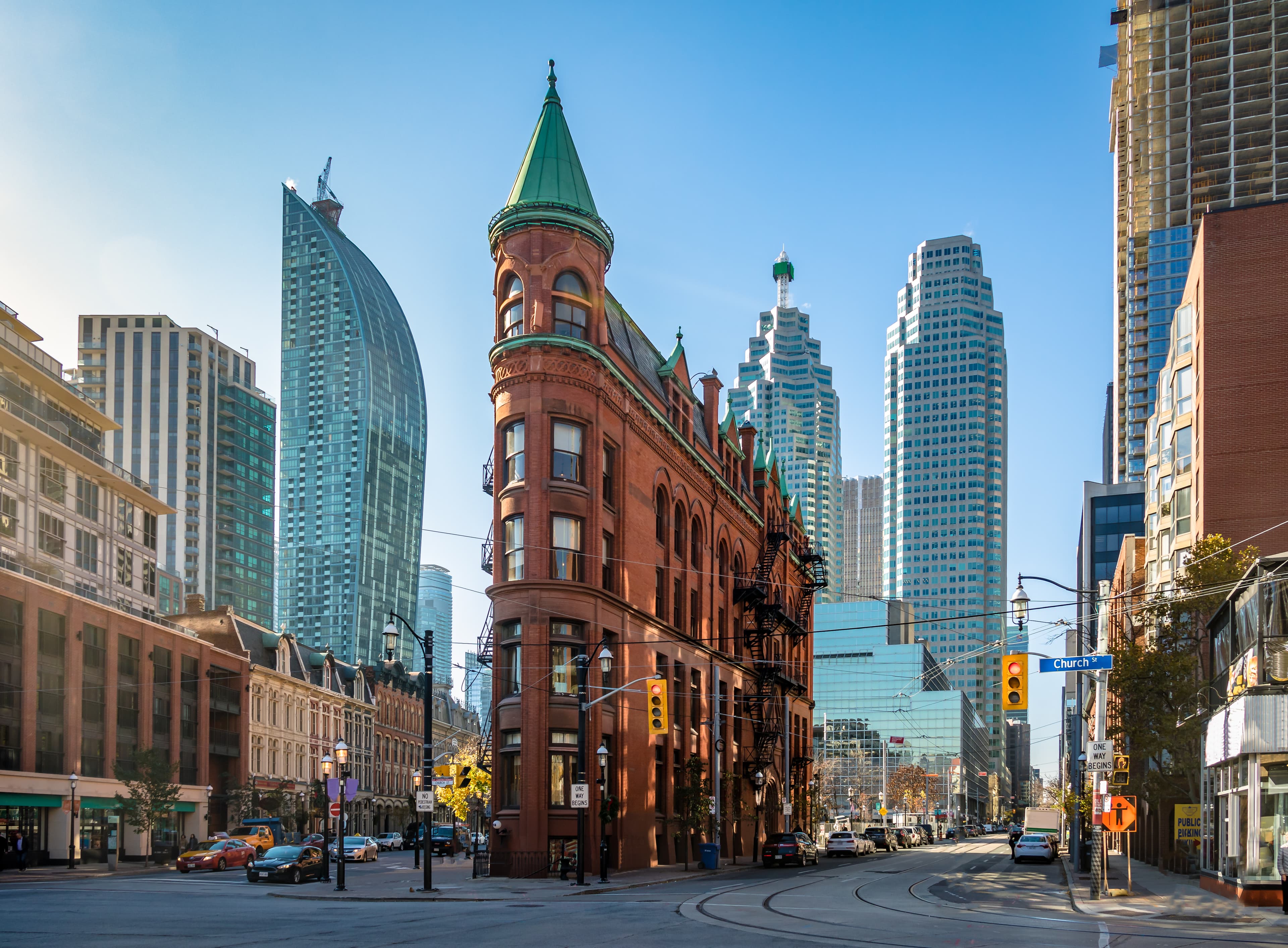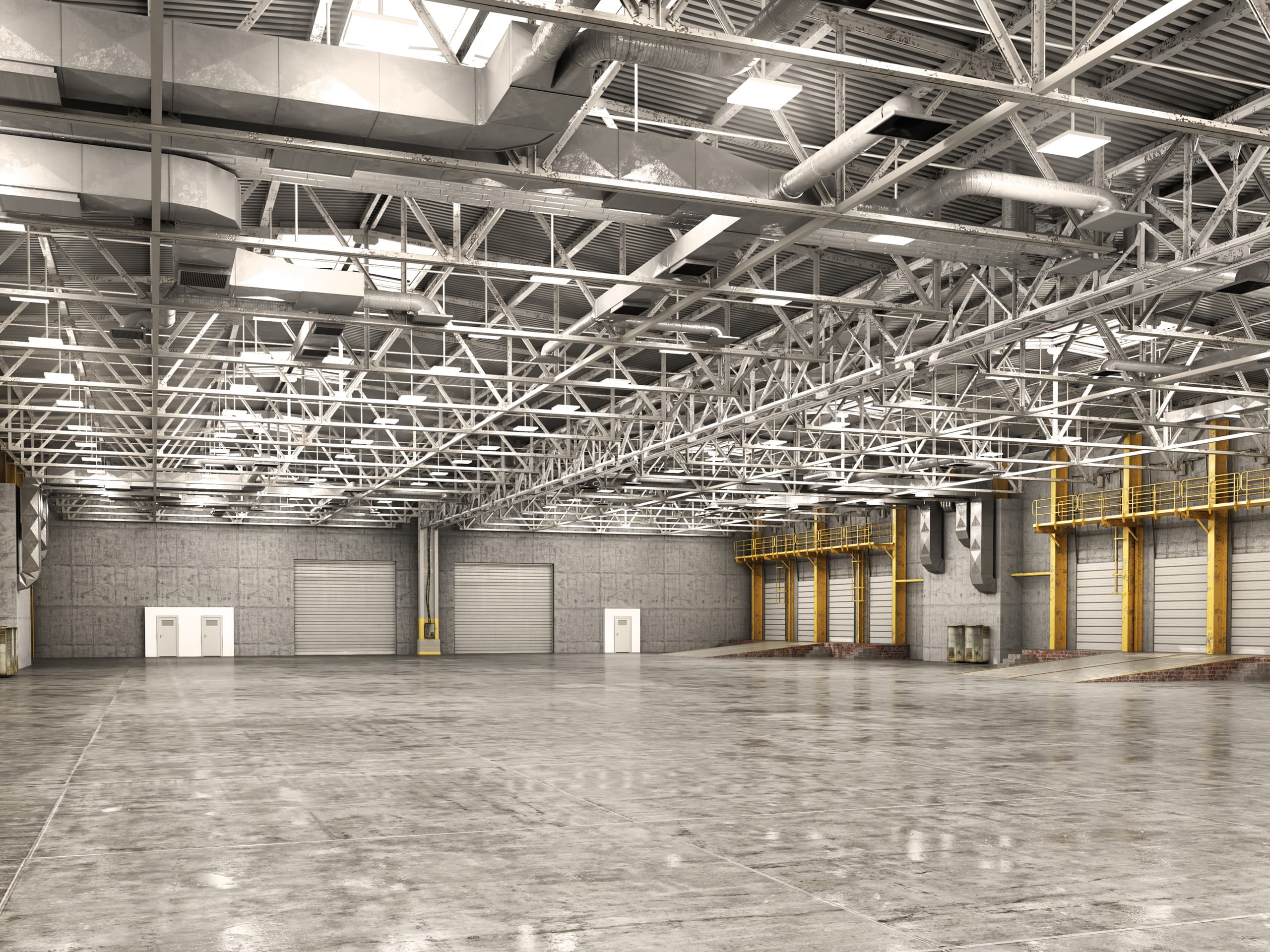
Trustworthy CRE financial due diligence starts with the right framework
A practical, end-to-end guide for evaluating commercial real estate investments with greater accuracy, transparency, and confidence – even in complex, uncertain markets.

How investor demands for transparency are reshaping valuation workflows
Learn how investor-driven transparency can improve valuation workflows through centralized data automation and clearer performance insight.

What CREFC Miami revealed about CRE debt markets in 2026
Key takeaways from CREFC Miami on macro risk, selective liquidity, and refinancing trends across CRE debt markets in 2026.

Data and policy shaping the early 2026 CRE market
What recent economic releases and housing policy moves suggest about risk, opportunity, and market direction for CRE in 2026.
Featured
Insight
Research
Podcast
Resources
Latest insights






Trending articles
Featured insights
Canadian industrial market update – Q4 2025
Canada’s industrial availability increased to 6.3% in Q4 2025, exposing regional divides that may define leasing, rents, and development strategy.

Featured insights
Canadian office market update - Q4 2025
Our Q4 2025 update on the Canadian office market, including availability rate, completions, and under-construction data.

Featured insights
CRE valuation trends – Office insights – Q3 2025
Despite positive indicators, office recovery is uneven across the US, Europe and Canada.

FEATURED episode
Why 2026 could be a surprisingly strong year for CRE credit
What does the CRE credit landscape really look like heading into 2026? Cole Perry is joined by Andy Boettcher, Head of Research at Trepp, to pull back the curtain on bank lending behavior, refinancing risk, extensions, and why fears around the “maturity wall” may be overstated. Drawing on decades of experience from the Federal Reserve to today’s lending data, Andy offers a seasoned, data-driven outlook on where CRE credit is stabilizing, and where it’s still sorting itself out.
